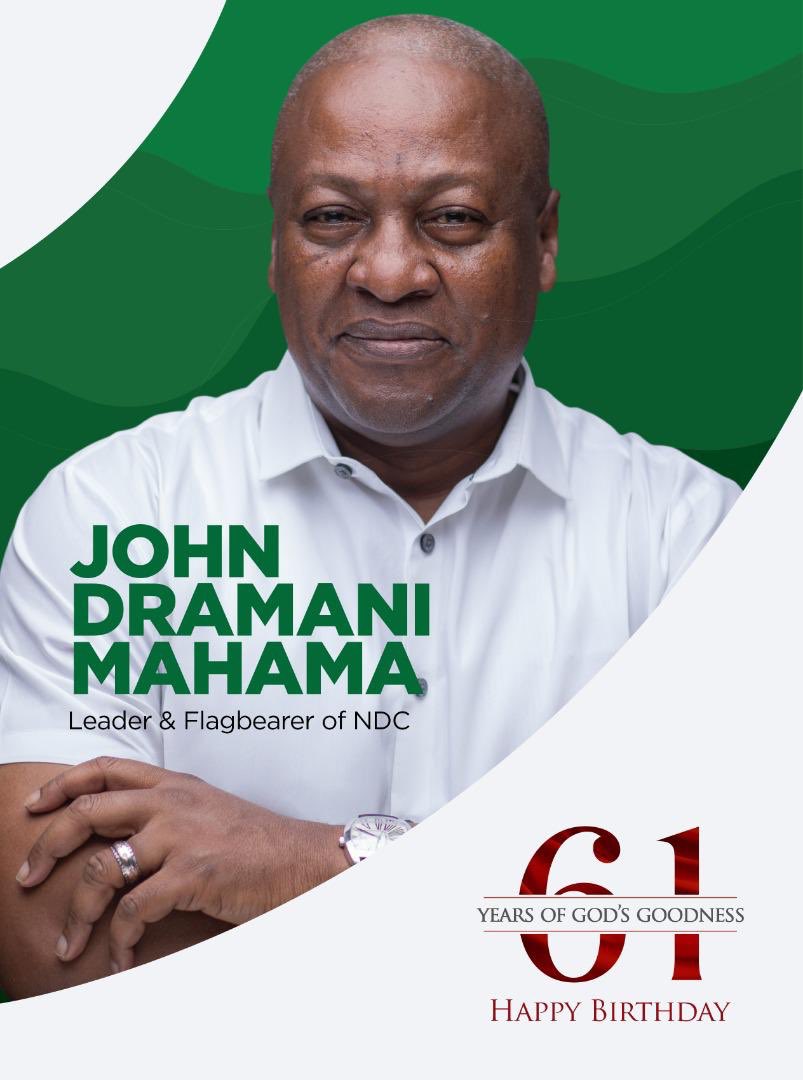John Dramani Mahama, (born November 29, 1958, Damongo, Ghana), Ghanaian politician who became vice president of Ghana in 2009. After the death of Pres. John Evans Atta Mills in July 2012, Mahama ascended to the presidency. He was elected president later that year and served until 2017.
Mahama was born into a politically active family. His father, Emmanuel Adama Mahama, served as a member of Parliament as well as a regional commissioner in the government of Ghana’s first president, Kwame Nkrumah. John Mahama attended primary school at the Achimota School in Accra and attended the Ghana Secondary School in Tamale.
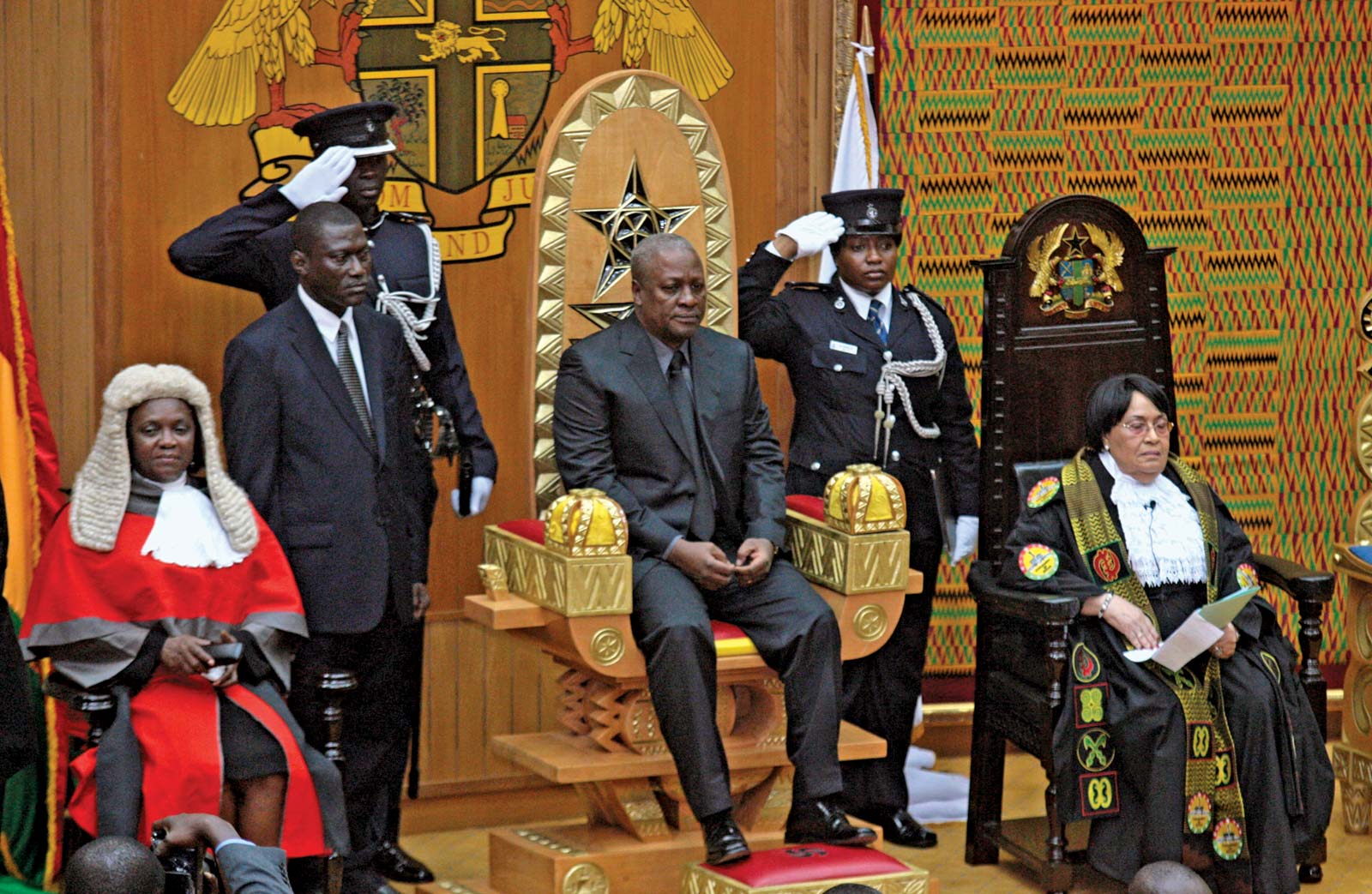
He received a bachelor’s degree in history in 1981 from the University of Ghana, Legon, where he also completed postgraduate studies in communication in 1986. Mahama taught high-school history for a few years before pursuing a postgraduate degree in social psychology from the Institute of Social Sciences in Moscow, which was awarded in 1988.
READ ALSO: Mahama condemns National Security raid of SOFTtribe offices, describes it as 'Rambo-style'
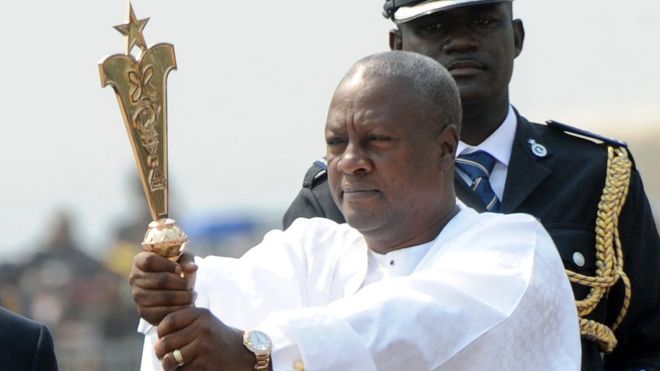
After Mahama returned to Ghana, he worked in Accra as the Information, Culture, and Research Officer at the embassy of Japan until 1995. He then worked at the Ghana office of Plan International, a humanitarian and development organization, as the international relations, sponsorship, communication, and grants manager.
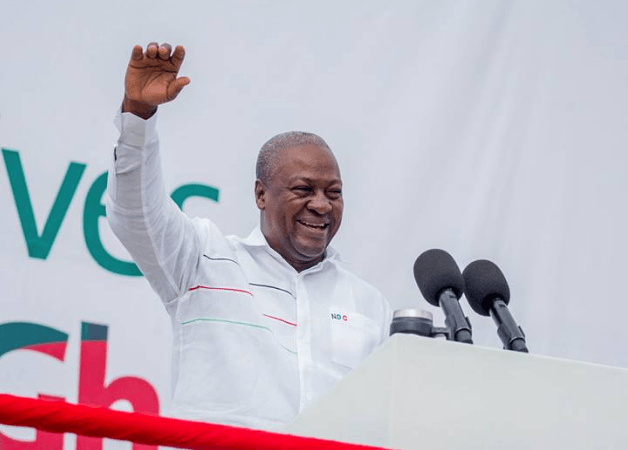
In 1996 he was elected to Parliament under the banner of the National Democratic Congress (NDC); he was reelected in 2000 and 2004. While in Parliament he held several posts, including Minister of Communications (1998–2001), before being chosen as the vice-presidential candidate on the NDC ticket in 2008 with John Evans Atta Mills. Mills won the December 2008 presidential election, and he and Mahama were inaugurated on January 7, 2009. After the unexpected death of Mills on July 24, 2012, Mahama was elevated to the presidency, just months before the end of Mills’s term.
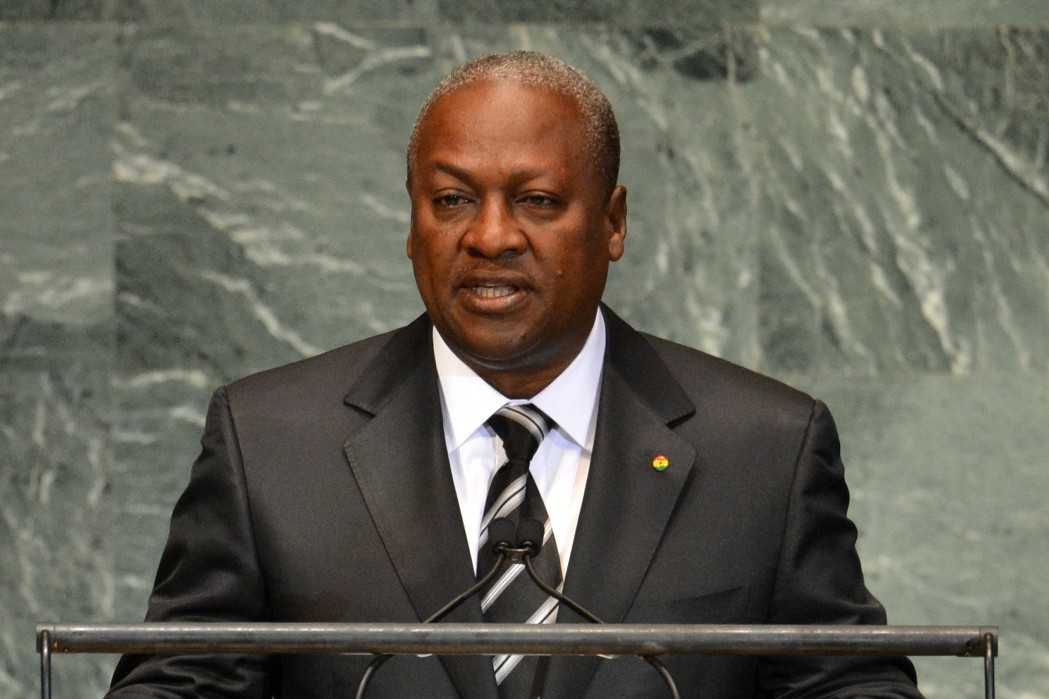
The NDC selected Mahama to be their candidate in the December 7, 2012, election, in which he competed against seven other candidates. He was announced the winner, with 50.7 percent of the vote; by taking more than 50 percent, Mahama narrowly avoided a runoff election with his nearest challenger, Nana Addo Dankwa Akufo-Addo of the New Patriotic Party (NPP), who had won 47.74 percent. Akufo-Addo and the NPP, however, alleged that electoral fraud had taken place and filed a petition with the Supreme Court, challenging the results. In August 2013 the Court dismissed the NPP’s petition and upheld Mahama’s victory.
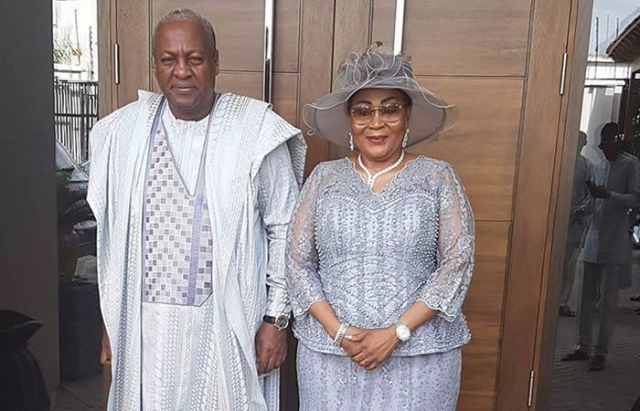
Meanwhile, Mahama continued serving as president, having been inaugurated on January 7, 2013, and faced a worsening economic situation in the country. Falling global prices on Ghana’s primary exports, as well as increasing public wage costs, negatively impacted Ghana’s economy, as did increasing debt. Also affecting the economy were power shortages, which had become an unfortunate hallmark of his administration and led to a nickname for the president that Mahama himself joked about: Mr. Dumsor, dum-sor meaning “off-on†in the local Twi language and describing the regularly occurring incidents of the power cutting off and then turning back on.
The economic woes and power shortages, as well as anger over corruption scandals, frustrated voters as the 2016 elections approached. Mahama, however, was able to counter some of the frustration by pointing to his accomplishments and highlighting infrastructure projects completed under his administration, such as those in the transportation, health, and education sectors. He was again the NDC’s presidential candidate in the election that was held on December 7, 2016, in which he faced Akufo-Addo for a second time and five other candidates. Mahama was defeated by Akufo-Addo, who won almost 54 percent of the vote. Mahama, who placed second with about 44 percent of the vote, conceded and stepped down at the end of his term in January 2017.
Mahama remained active in politics. In 2019 he was selected as the NDC’s presidential candidate for the 2020 election.
Â

